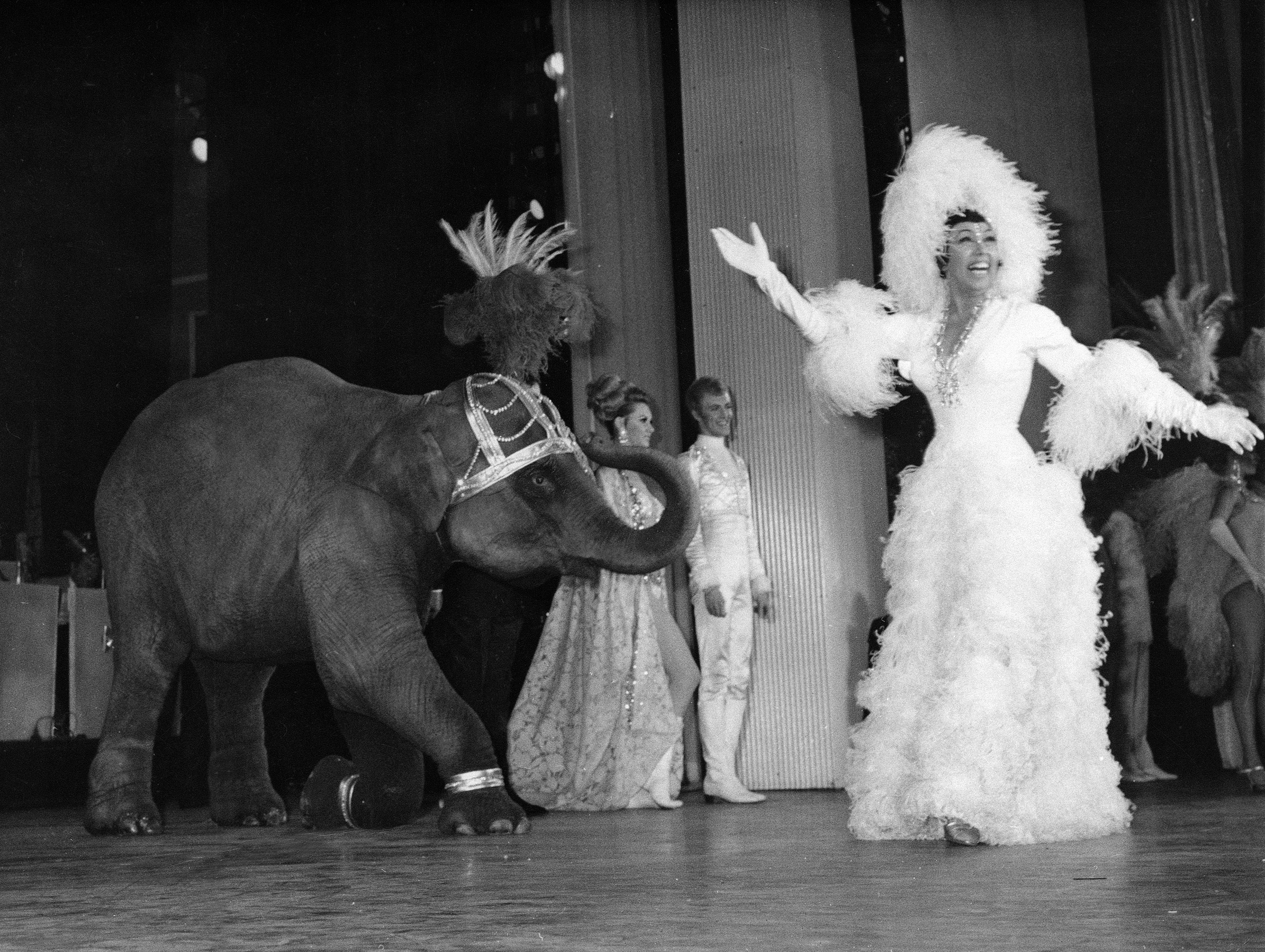Josephine Baker is 1st Black woman given Paris burial honor
Plans are underway to reinter the remains of American-born singer and dancer Josephine Baker at the Pantheon monument in Paris

Your support helps us to tell the story
From reproductive rights to climate change to Big Tech, The Independent is on the ground when the story is developing. Whether it's investigating the financials of Elon Musk's pro-Trump PAC or producing our latest documentary, 'The A Word', which shines a light on the American women fighting for reproductive rights, we know how important it is to parse out the facts from the messaging.
At such a critical moment in US history, we need reporters on the ground. Your donation allows us to keep sending journalists to speak to both sides of the story.
The Independent is trusted by Americans across the entire political spectrum. And unlike many other quality news outlets, we choose not to lock Americans out of our reporting and analysis with paywalls. We believe quality journalism should be available to everyone, paid for by those who can afford it.
Your support makes all the difference.The remains of American-born singer and dancer Josephine Baker will be reinterred at the Pantheon monument in Paris making the entertainer who is a World War II hero in France the first Black woman to get the country’s highest honor.
Le Parisien newspaper reported Sunday that French President Emmanuel Macron decided to organize a ceremony on November 30 at the Paris monument, which houses the remains of scientist Marie Curie French philosopher Voltaire, writer Victor Hugo and other French luminaries.
The presidential palace confirmed the newspaper's information.
After her death in 1975, Baker was buried in Monaco, dressed in a French military uniform with the medals she received for her role as part of the French Resistance during the war.
Baker will be the fifth woman to be honored with a Pantheon burial, and will also be the first artist.
Holocaust survivor Simone Veil, one of France’s most revered politicians, was buried at the Pantheon in 2018. The other women are two who fought with the French Resistance during World War II — Germaine Tillion and Genevieve de Gaulle-Anthonioz — and Nobel Prize-winning chemist Curie.
The monument also holds the remains of 72 men.
Born in St. Louis, Missouri, Baker became a megastar in the 1930s especially in France, where she moved in 1925 as she was seeking to flee racism and segregation in the United States.
Baker quickly became famous for her “banana skirt” dance routines and wowed audiences at the Theatre des Champs-Elysees and later at the Folies Bergere in Paris.
She became a French citizen after her marriage to industrialist Jean Lion in 1937.
During WWII, she joined the French Resistance. Amid other missions, she collected information from German officials she met at parties and carried messages hidden in her underwear to England and other countries, using her star status to justify her travels.
A civil right activist, she took part in 1963 in the March on Washington for Jobs and Freedom alongside the Rev. Martin Luther King Jr., who made his “I Have A Dream” speech.